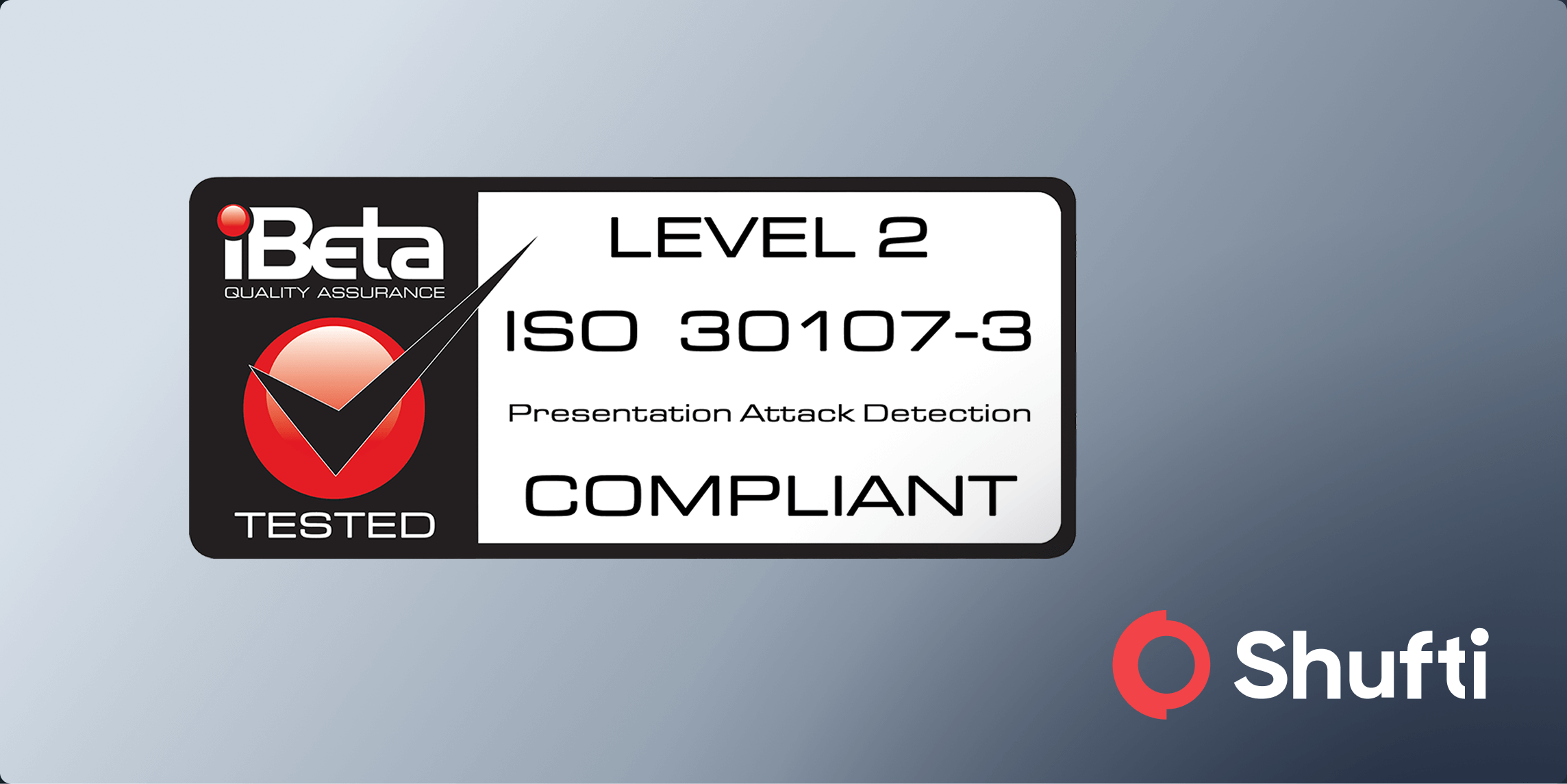Another feather in the cap! Shufti wins Biz award 2020 for the best consumer service of the year

October 2020, London, Shufti is announced the winner under the product category of best consumer service of the year in ‘Best in Biz Awards 2020 International’. The winners of the Best in Biz Awards were declared in the press release published on September 30, 2020.
Best in Biz Award is an independent Award program for global business that is adjudicated by internationally renowned editors and reporters from top-tier publications across the globe. Last week, it announced the results of its 8th annual international competition for different categories including company, department, executive, product and CSR/media categories.
Shufti won Silver at the Best in Biz Award 2020 International for the best consumer service of the year. This award is rewarded on the basis of amazing customer service that Shufti is offering to its clients and efficiently fulfilling their needs.
Shufti Ltd. is a global identity verification solutions provider offering AI-powered KYC-, KYB-, face verification, AML screening and touchless airport security clearance kiosk. Moreover, to automate documentation process, it has recently launched a new OCR service for businesses. With its state-of-the-art services, Shufti aims to create a secure online marketplace devoid of any identity fraud and fraudulent activities.
Shufti is known for its quick and convenient services that are customised as per the needs of customers. Having always focused on customer satisfaction, its services are always under continuous scrutiny to make advancements.











